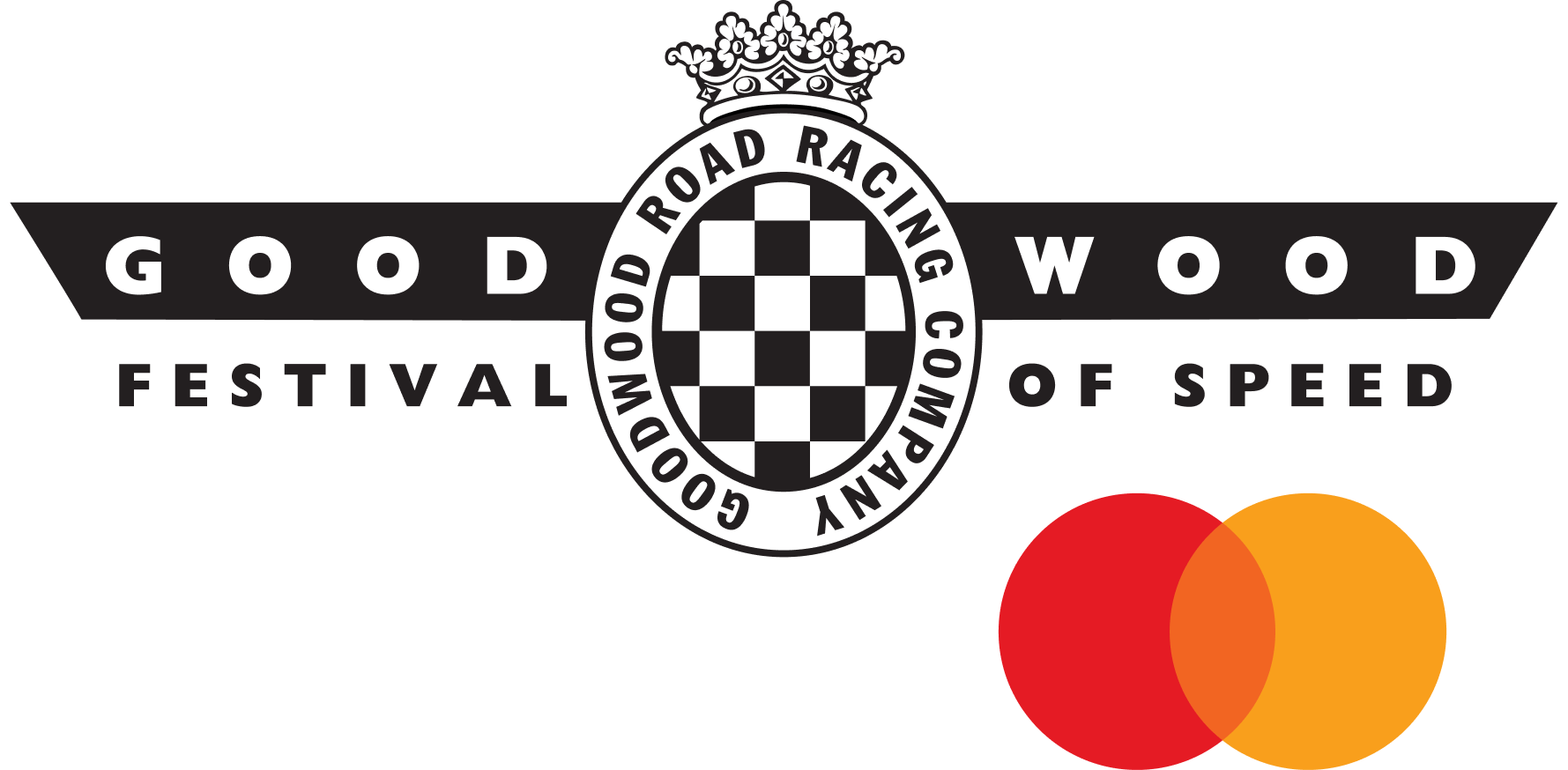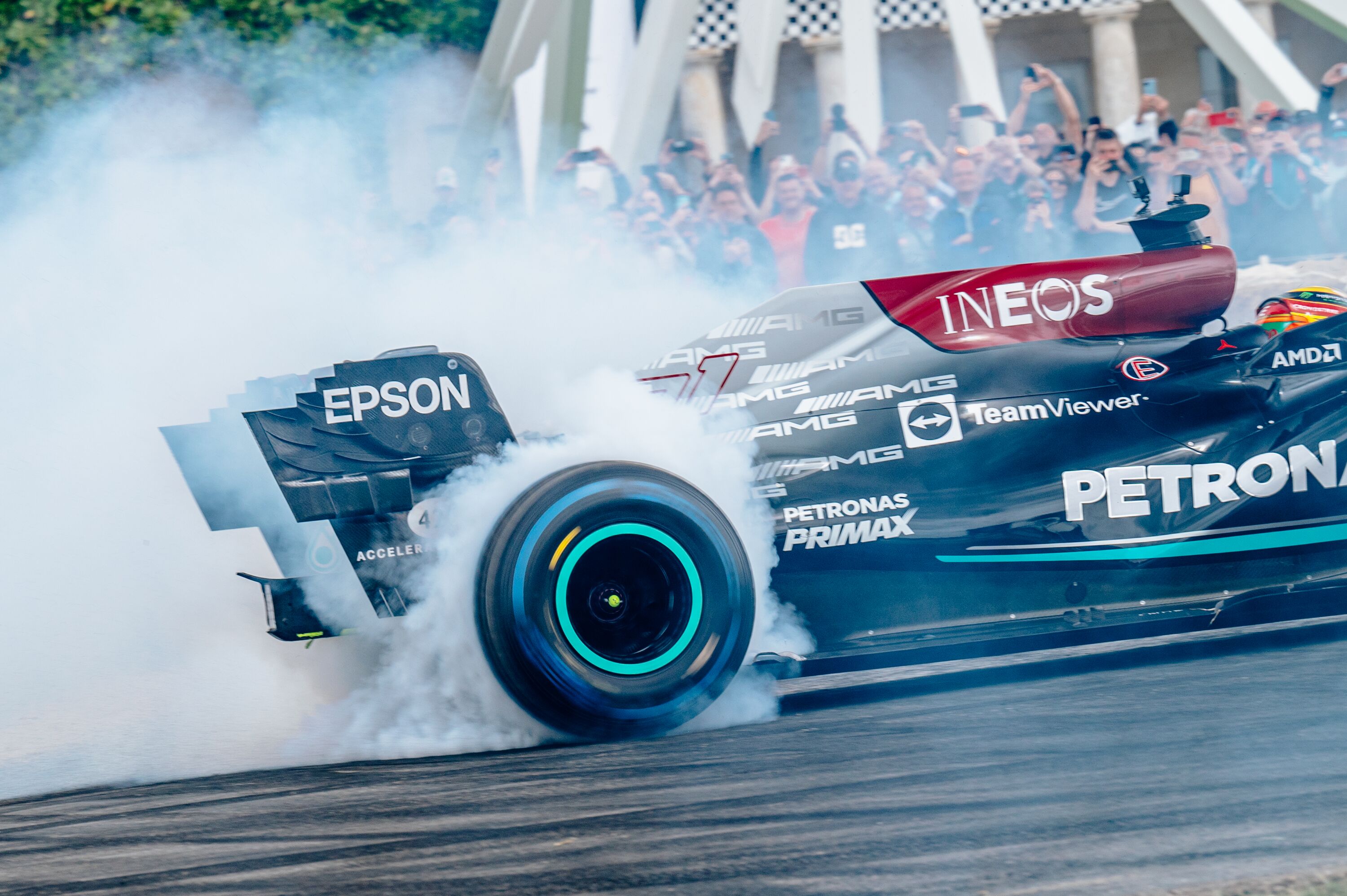Thank Frankel it's Friday: Innes Ireland – A forgotten Goodwood hero
 Andrew Frankel
Andrew Frankel
As we head towards the 75th Members’ Meeting, I expect most of us will be sparing a thought for the late John Surtees, and all he brought to Goodwood on both four wheels and two over such a long period.

But, if I’m honest and in more normal times, when I think of Goodwood, there are plenty of names that spring to mind before Big John’s. Stirling, obviously, Graham Hill and even the likes of Roy Salvadori and Jack Sears are all drivers I more readily associate with Goodwood. I don’t know why that is, perhaps because the events for which Surtees is best remembered happened elsewhere. But there is one person that to me is Goodwood personified, a man who not only achieved great things here, but did so in a very Goodwood way. That man is Innes Ireland.
Ireland passed away 24 years ago aged just 63, and sometimes I feel he has not been remembered in the same way as many of his contemporaries. Perhaps that’s not surprising: he only won a single World Championship Grand Prix and while he enjoyed a meteoric rise to fame and success in the sport that he loved, so too did he suffer a long and often painful decline. He eventually retired from the sport in 1967, sick of what he saw as the rampant commercialism that had taken it over. One wonders what he would have made of it half a century later.
Why Goodwood? Well, it was here at the Easter Monday meeting in 1960 that he exploded into motor-racing’s collective conscience. That day he drove in both the F2 race and in the F1 Glover Trophy and stunned the world not just by winning, but beating Stirling on both occasions. Yes, Ireland had a Lotus 18 at his disposal and Stirling did not, but the performance was sufficiently eye-opening for me once to ask the maestro what he thought of Innes the driver. His reply surprised me, because we all know Ireland’s reputation as a hell-raiser, but not how much it clouded his reputation behind the wheel. ‘Everyone remembers what a good bloke Innes was,’ said Stirling, ‘but I’ll tell you what, when the practice times went up, you only ever bothered to look at three of four of them – and Innes was always one of them.
He went further: ‘There are many people out there who have won a Grands Prix without ever deserving to. Innes deserved to win a whole lot more than he did. The record does not do him justice.’

But even in 1960, just being handy behind the wheel was starting to be no longer enough. Stirling has often been described as the first truly professional racing driver, a man who supplemented raw talent with a totally dedicated approach to all aspects of his craft, but others weren’t far behind. Surtees was one, Jim Clark another. Clark, in particular, provides an interesting case study because he was team-mate to Innes at Team Lotus for two seasons. In the first season, Innes out-qualified Jimmy in all but one of the World Championship Grands Prix they started. The following season, a now fully fledged Jim Clark repaid the compliment exactly.
But he could still cut it in a sports car and of all the races I wish I’d seen Innes drive, it was the 1962 Tourist Trophy at Goodwood. In the pale green BRP Ferrari 250 GTO (the same car that was waiting in the pits for Stirling Moss the day his career ended here), Ireland took on a world class field including four other GTOs. He was on pole, next to John Surtees, with Mike Parkes and Graham Hill tenths behind. Ireland was jumped by Surtees who then started to pull away and would probably have won had he not tangled with Jim Clark while lapping the latter’s Aston. That left Innes in the lead, but with ten laps to go he dived into the pits, his tyres shot to pieces. But new rubber had a calamitous effect on the GTO’s usually exquisite handling and he was being hauled in at three seconds a lap by Hill in John Coombs’ white GTO. At the flag, they were separated by just three seconds, but it was Ireland who had won.
When I think of what it must have looked and felt like to see Innes Ireland drifting a GTO around Goodwood, it still brings a lump to my throat. No, he was never the best and probably would not have been had he focussed on his sport in the way his rivals did. But if there’d ever existed a ‘Spirit of the Sport’ award, he’d have won it every year he raced.
Images courtesy of LAT
andrew frankel
Ferrari
250 gto































































